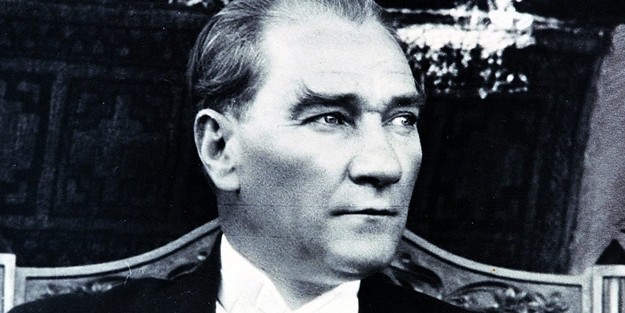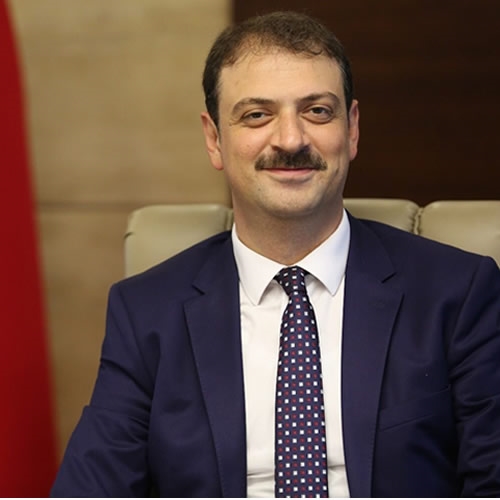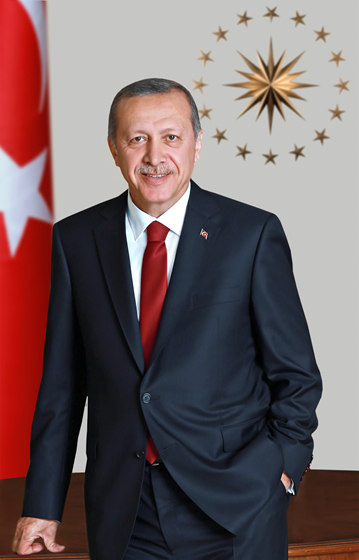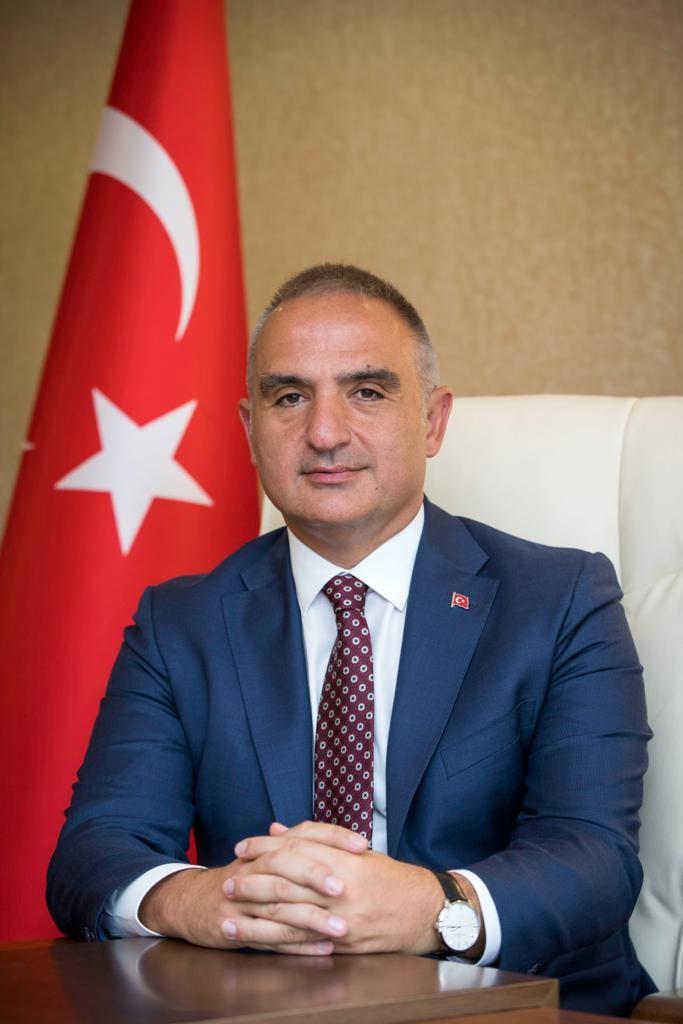FOUNDATIONS IN HISTORY
Foundations in History
What is Foundation?
THE PROJECTION OF A CIVILIZATION: FOUNDATIONS
“Vakf”, which is an Arabic word, means stopping, retention from moving and making motionless. It also includes the meaning “granting completely and giving exactly”.
As an economic term, foundation is a legal system that envisages to share profoundly and voluntarily the opportunities and assets obtained through personal work and effort.
As for Turkish Civil Code, the foundation is a group of goods with legal entity that is established by real persons or legal entities who allocate the sufficient properties and rights for a specific and continuous purpose.
The foundation expresses the institutionalized state of sense of solidarity and cooperation continuing throughout history. So the foundation is a set of systems aiming at the happiness of all humanity.
Hz. Omar (r.a.) granted a land, which was obtained as booty after the conquest of Khyber, to the poor people, slaves, guests and those who struggle for Allah so that they can make use of it provided that it was not sold, left as legacy and granted and this event is considered as the first foundation in history.
As well as the verses encouraging “the alms, help and in competition in charitable works”, the following hadith was effective in becoming an important and widespread institution of the foundations in Anatolia.
“When mankind dies, his deed is cut, but excluding three matters: Ceaseless Charity (Sadaka-i Cariye), useful science and dutiful children who pray for his/her father and mother”.
“The most auspicious of people is person who becomes beneficial for other people. The most auspicious of good is one that is spent for Allah. The most auspicious of the foundation is one that meets what people need most”.
Goals of Foundations;
Foundations, regardless of the purpose of establishment, undertook a wide range of important services that are one more important than the other in the Islamic and Turkish world and successfully fulfilled the numerous public tasks that are performed by modern state for centuries. At the same time, the foundations have been the most important helpers of the central administrations in establishing the social balances and ensuring the social integration, the continuation of social peace, the prevention of class conflicts, meeting the service demands of the public and ensuring the political and economic stability by means of performing significantly the flow of wealth from the rich to the poorer of the society.
Since the sense of solidarity and cooperation taking place at heart of the foundation becomes a social feature seen in the pre-Islamic traditions of the Turks, the understanding of foundation and solidarity has gained strength and expanded too much in the period after the Turks became Muslims with the desire to gain the “Consent of Allah. This situation has caused the foundation to expand and become vast in order to encompass all human beings, even animals and nature rather than to include certain communities.
The custom and traditions of Turks before Islam made significant contributions to enable the foundation understanding and culture to become a civilization and this infrastructure, along with Islam, has been further improved by means of scrutinizing the divine values and universal moral principles. In order to benefit from the services or interests of the foundations, no prerequisites have been sought in terms of ethnic, religious, gender and social status and also the discrimination and regionalism have never been made on charitable works.
In other words, no state could achieve to establish the most prosperous cities without any discrimination in language, religion, race and gender until the Ottoman Empire by means of forming a system that creates the prototype of a fair statesman, who will ensure the peace and happiness of all people, and that allows a reasonable sharing of country resources between all segments of society. In addition, no nation has ever benefited from the material-spiritual power of the foundation institution as much as the Ottomans.
Almost all of the public institutions such as mosques, madrasas, hospitals, inns, baths, bridges, fountains, water facilities and imarethâne (almshouse) with which the Ottoman people encountered and benefited almost every day in their daily life, were built as charities by the sultans and other ruling groups and their relatives and other goods and properties supplying their incomes such as caravanserais, bazaars, shops, vineyards and gardens, have been established as real property in order to ensure continuity in their services. Thus, only the foundations established for the consent of Allah and the services provided by the foundations to the society have survived for years and even centuries.
Foundations have become the most effective institutional means under the control of the state, both in ensuring friendship, brotherhood, solidarity and intimacy among social groups and in shaping the public according to certain social criteria. The Ottomans benefited extensively from the foundations that have been voluntarily established by individuals in order to prevent the forming of excessive differences due to the collecting of wealth in specific individuals’ hands and accordingly in order to hamper the destruction of social balances. Anyone who has the opportunity has made a charity work in Ottoman period and those who cannot afford to make a charity work have either repaired a school or mosque, or have contributed financially-spiritually-physically to its repair, and those who can fail to do so have at least been involved in the construction or repair of a fountain.
Today, almost all of the public services undertaken by the modern state were fulfilled by the foundations in the Ottoman Empire and those who did not contribute to fulfilment of the charitable and useful works although they have financial opportunities were not regarded as respectable persons by society.
Thanks to foundations, a significant part of the social wealth has been transferred from the richest classes to the lowest classes of the society in a way that it would not be legally possible to return, in other words, they were excluded from the subject of private property and transferred to the social property category. Moreover, when considered that this transfer has been carried out voluntarily without any explicit pressure and compulsion, it can be seen that the consciousness and sensitivity about the foundation reached a level that all civilizations left behind in the Ottoman period.
That is why the Ottoman civilization has been described as the "foundation civilization".
Evliya Çelebi wrote about the Ottoman foundation works in XVII. Century as follows: "... I have traveled to 18 sultanates and kingdoms within fifty years, I've never seen so much charity work anywhere ".
The foundation system, which has been situated in a way that can cover almost all of the Ottoman’s socio-economic and cultural life, emerges today as an undeniable fact that takes place still among the indispensable social and political institutions of the life all over the world.
Today, the establishment of a foundation is performed in accordance with the relevant provisions of the Turkish Civil Code No. 4721, which entered into force on 1 January 2002. Accordingly, real persons or legal entities who meet the conditions specified in the law can establish foundations. If the founder is a real person, he/she must have the capacity to act as defined in the Turkish Civil Code and if the founder is a legal entity, there must be a provision in its articles of association stating that a legal entity can establish foundation and allocate its assets to the foundation as well as it has legal capacity.
The foundations, which established in the Seljuk and Ottoman period and the administrators of which are not alive today, are represented and administered by the General Directorate of Foundations which is one of Turkey's the most deep-rooted and largest organizations. On the one hand while the General Directorate of Foundations continues its services on behalf of these foundations, on the other hand it performs the establishment, distribution and supervision works of newly established foundations. According to the records of the General Directorate of Foundations, the number of foundations that have been transferred from the Ottoman and Seljuk period to today but which have no administrator, is 52,000.
The General Directorate of Foundations, which still maintains the legal personality of these historical foundations, grants scholarships to students in line with the aims of its founders, provides monthly salary and food aid to the needy citizens and also performs the restoration of thousands of years of foundation works.
The General Directorate of Foundations restored more than 3,500 foundation works. As a result of the studies carried out in recent years, the foundation civilization in the Ottoman period has been revived and its contribution to the economy of our country reached 2.5 billion.
Bezmiâlem Valide Sultan Foundation University and Fatih Sultan Mehmet Foundation University are of exceptional value as two important projects conducted in the field of higher education. These universities, which were established before the Republic in order to realize the activities of foundations that have educational requirements for the purposes of establishment, today provide education in modern complexes.
Faculty of Medicine Hospital of Bezmiâlem Foundation University continues to treat and rehabilitate the patients and it provides free health services. Foundations ensure that the foundation civilization and the awareness of the foundation are revived and transferred to the future generations by means of keeping the feelings of brotherhood and benevolence that are at heart of the foundation institution.



